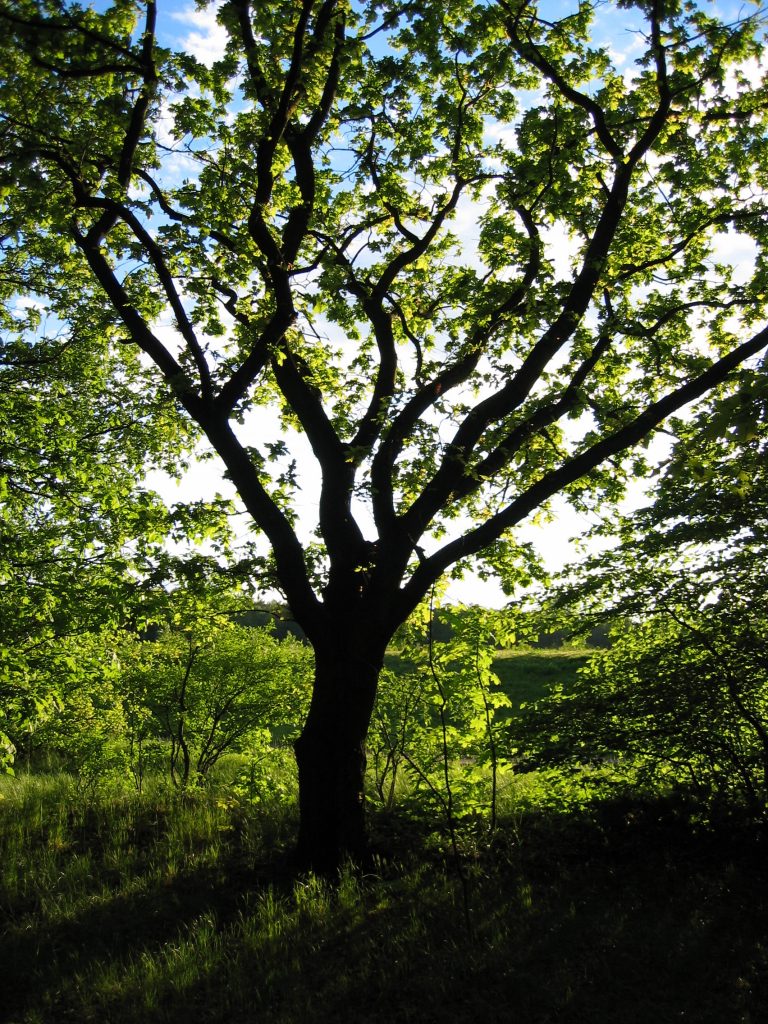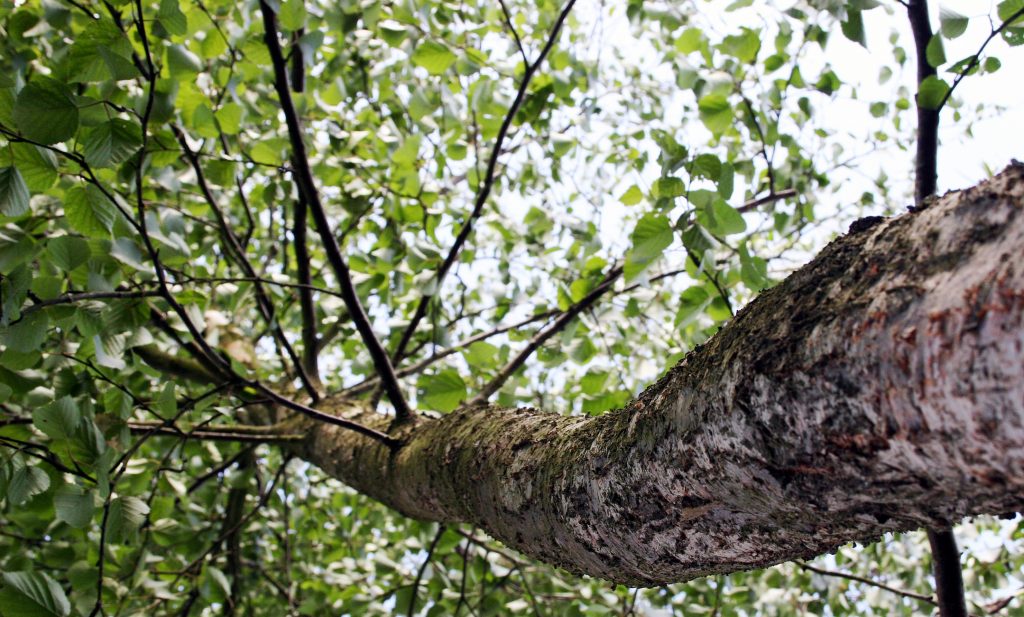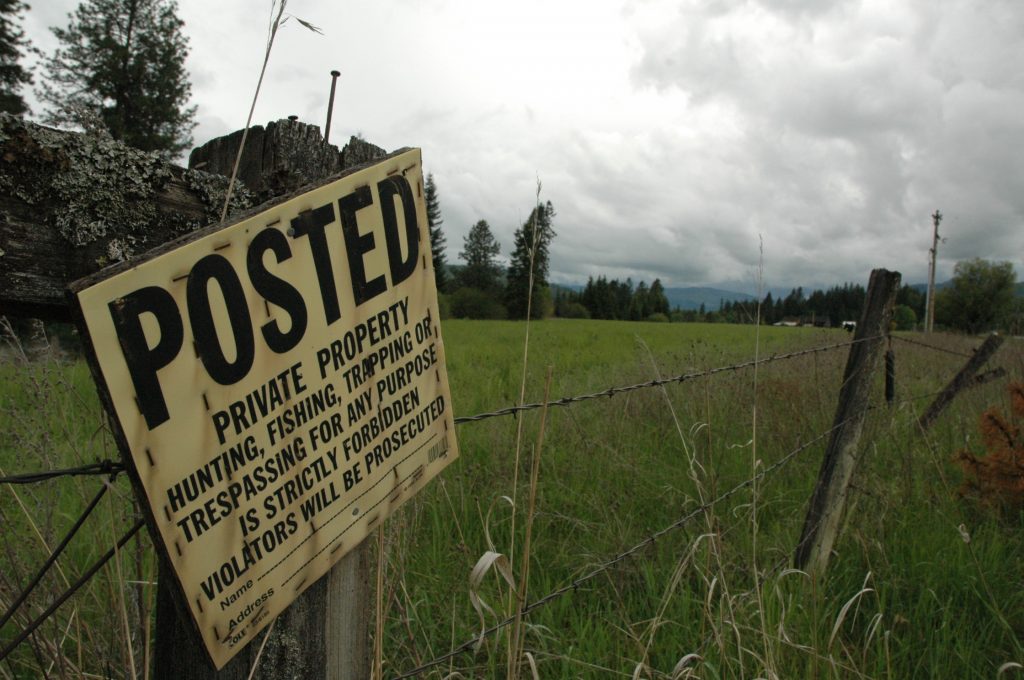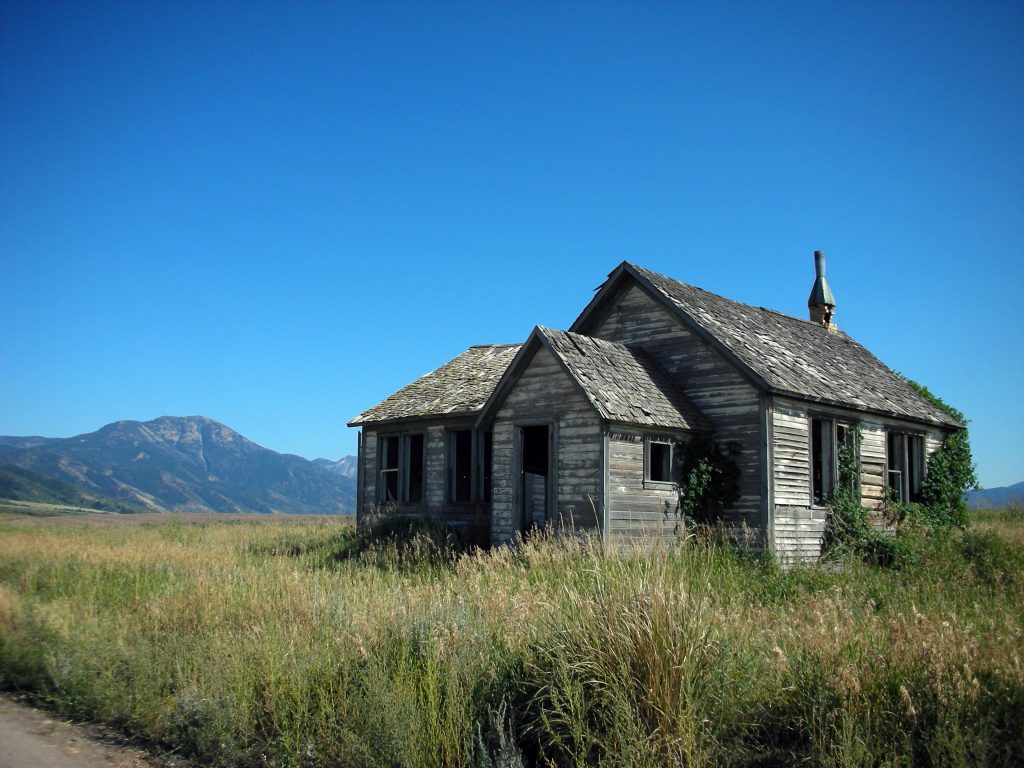 When the government takes privately owned property to be used for the benefit of the public, it is called an expropriation. Federal and state law prohibit the government from taking private property without compensating the owner. The Louisiana Constitution provides that property shall not be taken or damaged by the State except for a public purpose and with just compensation paid to the owner of the private property. A landowner whose property is expropriated by the State is to be compensated so that he remains in the equivalent financial position he enjoyed before the taking. The following case provides a concrete example of such a situation.
When the government takes privately owned property to be used for the benefit of the public, it is called an expropriation. Federal and state law prohibit the government from taking private property without compensating the owner. The Louisiana Constitution provides that property shall not be taken or damaged by the State except for a public purpose and with just compensation paid to the owner of the private property. A landowner whose property is expropriated by the State is to be compensated so that he remains in the equivalent financial position he enjoyed before the taking. The following case provides a concrete example of such a situation.
Knoll & Dufour Lands and Glenn and Barbara Dauzert (Plaintiffs) brought a consolidated action against the Louisiana Department of Transportation (“DOTD”) alleging the amount paid for the expropriation of their properties was insufficient to cover the value of said property. The Trial Court awarded compensation and damages to each of the property owners and the DOTD appealed the decision. The Court of Appeal affirmed the Trial Court’s award of damages, improvements on the land expropriated, and additional damages. However, it also found that the Trial Court erred in its valuation of the property expropriated from Plaintiffs. Importantly, the Trial Court erred by relying on expert testimony as to the total value of the land, which simply added the value of the trees to the fair market value of the property. This form of valuation is an improper basis for determining the value of the property. Since the Trial Court record did not contain enough evidence to determine the value of the trees added to Plaintiff’s property, the Court of Appeal remanded the case to the Trial Court to allow the parties to present evidence as to how much the trees contributed to the total value of the land taken.
After a second trial, the Trial Court awarded Knoll & Dufour Lands $164,720.00, including $158,000.00 for the trees taken from a 0.533 acre tract of land that the DOTD expropriated for the construction of a new route for Highway 105 in Avoyelles Parish. In addition, the Trial Court awarded the Dauzerts $33,051.00, including $30,000.00 for trees taken from a 0.639 acre tract of land also expropriated by the government in rerouting the highway. In determining the compensation owed to the landowners for the added value of the trees the Trial Court heard from four expert witnesses: the real estate appraiser who did the original appraisal for the DOTD, a landscape horticulturist, an arborist and real estate agent, and Plaintiff’s real estate appraiser. Again, the DOTD appealed the decision of the Trial Court arguing that none of the expert testimony should have been admitted, except for the expert testimony offered by the DOTD, because it was irrelevant to the question before the Court.
 Louisiana Personal Injury Lawyer Blog
Louisiana Personal Injury Lawyer Blog


 Expropriation is the act of the government taking privately owned property and using it for the benefit of the public. Generally, most expropriation cases deal with the construction of public roadways and highways. Where the land is expropriated, the private landowner is generally compensated. In one particular matter involving the expropriation of land to build a highway, valuing the trees on the land became more troublesome than anticipated.
Expropriation is the act of the government taking privately owned property and using it for the benefit of the public. Generally, most expropriation cases deal with the construction of public roadways and highways. Where the land is expropriated, the private landowner is generally compensated. In one particular matter involving the expropriation of land to build a highway, valuing the trees on the land became more troublesome than anticipated. When purchasing property, buyers should be aware of rights reserved by others in the deed. Certain reservations of rights made by an original owner can continue to haunt a parcel of property through successive conveyances and multiple owners. In Louisiana, the language in a deed can create a personal servitude, a charge or burden on a piece of property for the benefit of another person. Personal servitudes are not automatically extinguished at death and may be inheritable by descendants of the beneficiary. For example, a seller may reserve hunting rights for his or her family on the newly purchased property for generations. Needless to say, disputes often arise regarding the breadth and depth of such reservations. When interpreted by a court, the intent of the original parties in negotiating the reservation is key, as shown by a recent decision of the Louisiana Third Circuit Court of Appeal.
When purchasing property, buyers should be aware of rights reserved by others in the deed. Certain reservations of rights made by an original owner can continue to haunt a parcel of property through successive conveyances and multiple owners. In Louisiana, the language in a deed can create a personal servitude, a charge or burden on a piece of property for the benefit of another person. Personal servitudes are not automatically extinguished at death and may be inheritable by descendants of the beneficiary. For example, a seller may reserve hunting rights for his or her family on the newly purchased property for generations. Needless to say, disputes often arise regarding the breadth and depth of such reservations. When interpreted by a court, the intent of the original parties in negotiating the reservation is key, as shown by a recent decision of the Louisiana Third Circuit Court of Appeal. Property disputes can be complicated and confusing, so it is important to hire an excellent lawyer capable of untangling all of the issues involved in the case. Plaintiff Don Whitlock owns property in East Carroll Parish, Louisiana and brought a petition against Defendant Fifth Louisiana District Levee Board and its lessee, Jamie Isaac, seeking a preliminary and permanent injunction to prevent the defendants from trespassing on his property when they travelled across to access a hunting lease owned by the defendant Levee Board that is located west of Plaintiff’s property. Mr. Whitlock farms on the three lots of land at issue and alleged Issac caused damage as he crossed all three lots, creating ruts in the soil, damaging crops, and changing the flow of water. The defendants, however, argued that the land was conveyed to plaintiff’s ancestor with a public right of passage in the deed, and thus there could be no suit for trespass. The Trial Court agreed and with the defendants and held that there was no cause of action. It also held that since Mr. Whitlock was not the sole owner of the land (there were other owners on two of the three lots), he failed to join all the parties and further lacked the capacity to sue in a representative capacity for the other owners. Finally, it took a “strange” step in ruling on the merits of the preliminary injunctions despite the fact that it had sustained the exceptions raised by the defendants. It held that preliminary injunction could not be granted because Mr. Whitlock failed to show irreparable harm. Thus, the Trial Court dismissed the case. On appeal, Mr. Whitlock argued that the Trial Court’s rulings were improper.
Property disputes can be complicated and confusing, so it is important to hire an excellent lawyer capable of untangling all of the issues involved in the case. Plaintiff Don Whitlock owns property in East Carroll Parish, Louisiana and brought a petition against Defendant Fifth Louisiana District Levee Board and its lessee, Jamie Isaac, seeking a preliminary and permanent injunction to prevent the defendants from trespassing on his property when they travelled across to access a hunting lease owned by the defendant Levee Board that is located west of Plaintiff’s property. Mr. Whitlock farms on the three lots of land at issue and alleged Issac caused damage as he crossed all three lots, creating ruts in the soil, damaging crops, and changing the flow of water. The defendants, however, argued that the land was conveyed to plaintiff’s ancestor with a public right of passage in the deed, and thus there could be no suit for trespass. The Trial Court agreed and with the defendants and held that there was no cause of action. It also held that since Mr. Whitlock was not the sole owner of the land (there were other owners on two of the three lots), he failed to join all the parties and further lacked the capacity to sue in a representative capacity for the other owners. Finally, it took a “strange” step in ruling on the merits of the preliminary injunctions despite the fact that it had sustained the exceptions raised by the defendants. It held that preliminary injunction could not be granted because Mr. Whitlock failed to show irreparable harm. Thus, the Trial Court dismissed the case. On appeal, Mr. Whitlock argued that the Trial Court’s rulings were improper. Many Americans do not know that it is actually possible to legally acquire another person’s land without possessing fair title or good faith. Of course, specific guidelines must be followed, but with some will, knowledge, and close attention to detail, this process known as “adverse possession” can be surprisingly simple to accomplish.
Many Americans do not know that it is actually possible to legally acquire another person’s land without possessing fair title or good faith. Of course, specific guidelines must be followed, but with some will, knowledge, and close attention to detail, this process known as “adverse possession” can be surprisingly simple to accomplish. If you fail to make payments on a mortgage you may lose your home, but you may also be held liable for any remaining debt after your home has been sold. If the sale of your house does not pay off the balance of what you owe, the institution owning the mortgage may come after you for a deficiency judgment. A deficiency is essentially the balance remaining on the loan after the sale of the property. For example, if a homeowner with a $100,000 mortgage defaults and the bank sells their home for $75,000, there would be a $25,000 deficiency. The owner of the debt may be able to come after a person for the deficiency.
If you fail to make payments on a mortgage you may lose your home, but you may also be held liable for any remaining debt after your home has been sold. If the sale of your house does not pay off the balance of what you owe, the institution owning the mortgage may come after you for a deficiency judgment. A deficiency is essentially the balance remaining on the loan after the sale of the property. For example, if a homeowner with a $100,000 mortgage defaults and the bank sells their home for $75,000, there would be a $25,000 deficiency. The owner of the debt may be able to come after a person for the deficiency. A redhibitory defect is a problem with an article that renders it useless to the buyer. In Louisiana, although a seller owes no warranty for defects that are known to or should have been discovered by the buyer at the time of the sale, a seller does, by operation of law, warrant the buyer against redhibitory defects
A redhibitory defect is a problem with an article that renders it useless to the buyer. In Louisiana, although a seller owes no warranty for defects that are known to or should have been discovered by the buyer at the time of the sale, a seller does, by operation of law, warrant the buyer against redhibitory defects 

